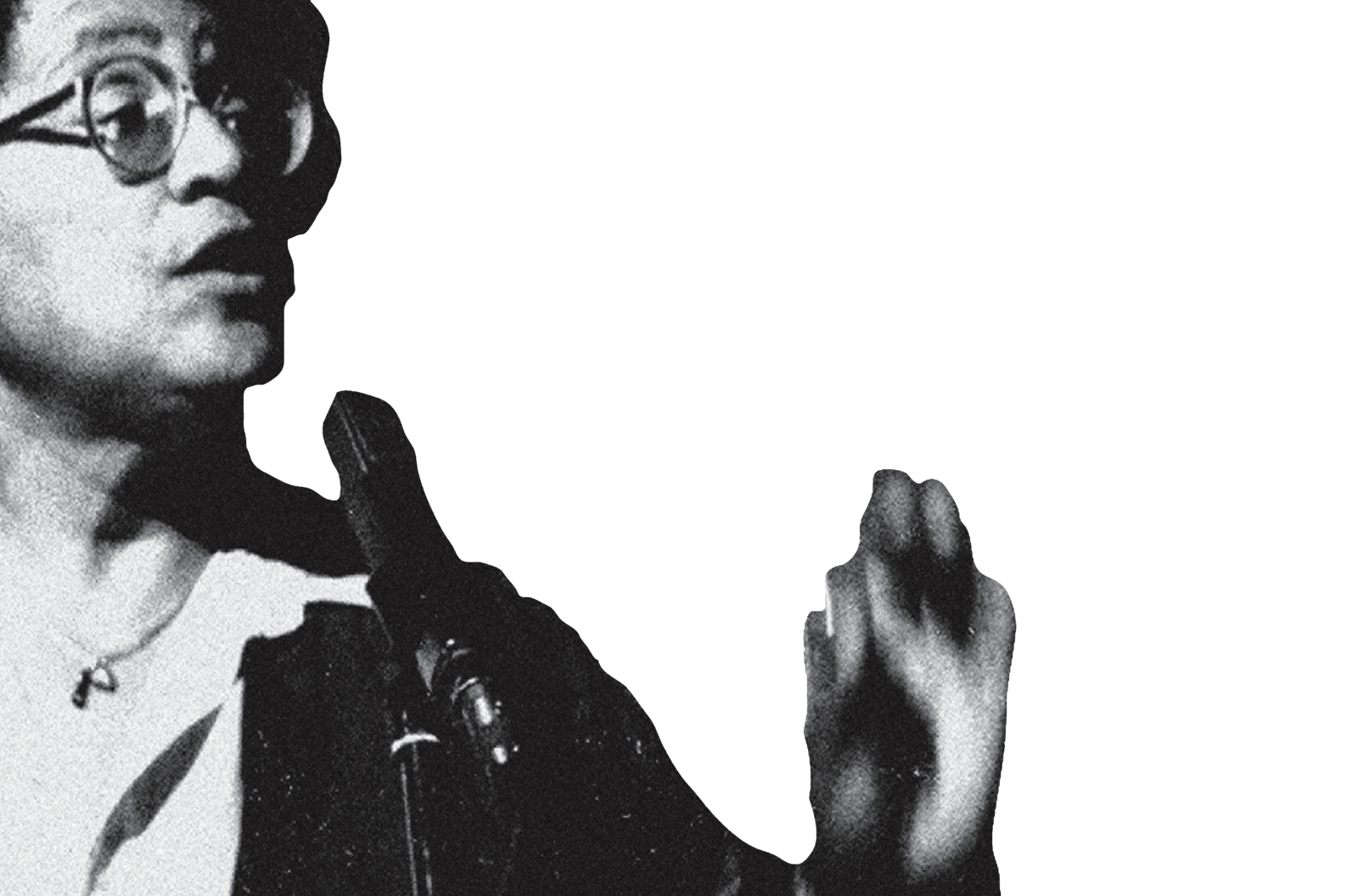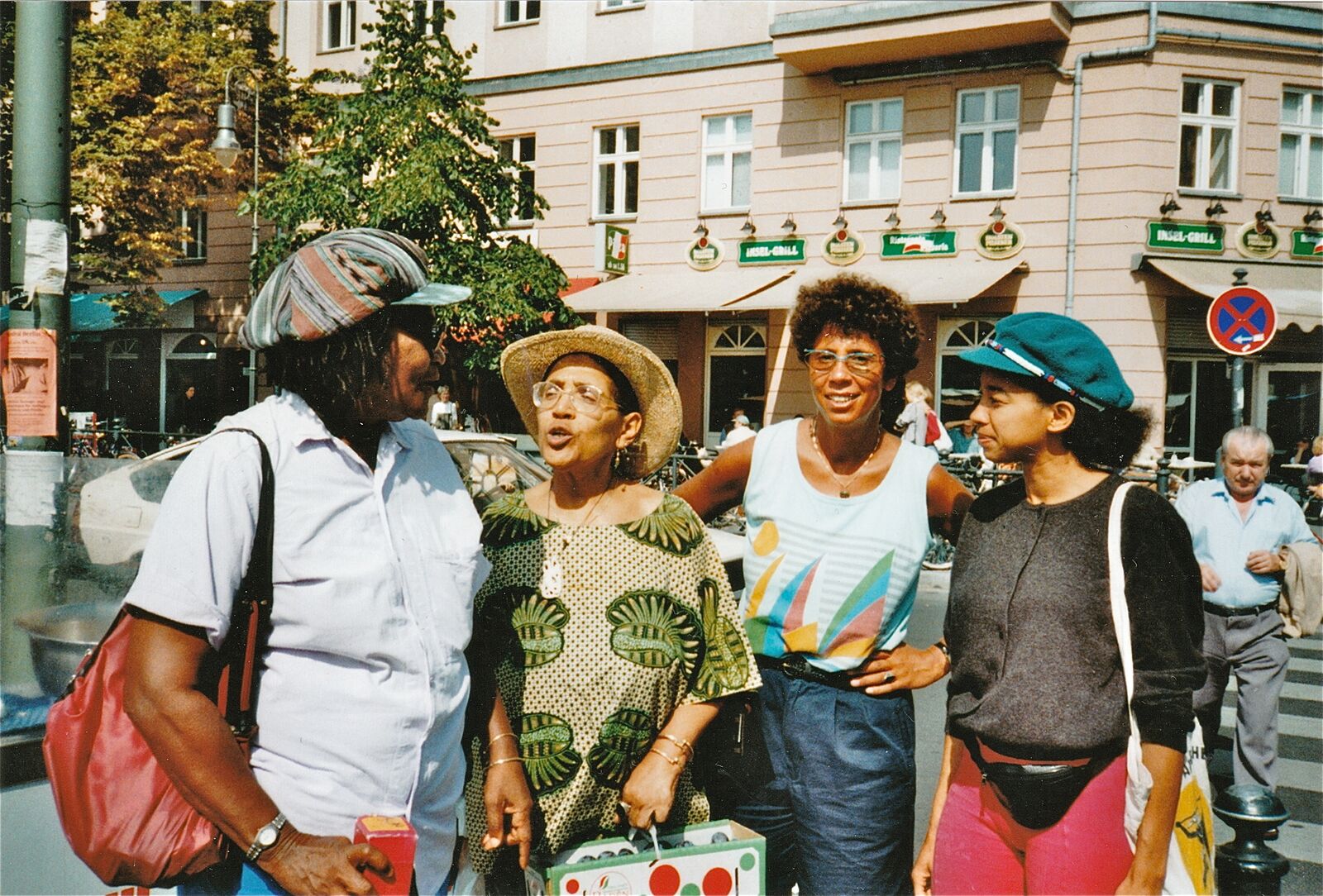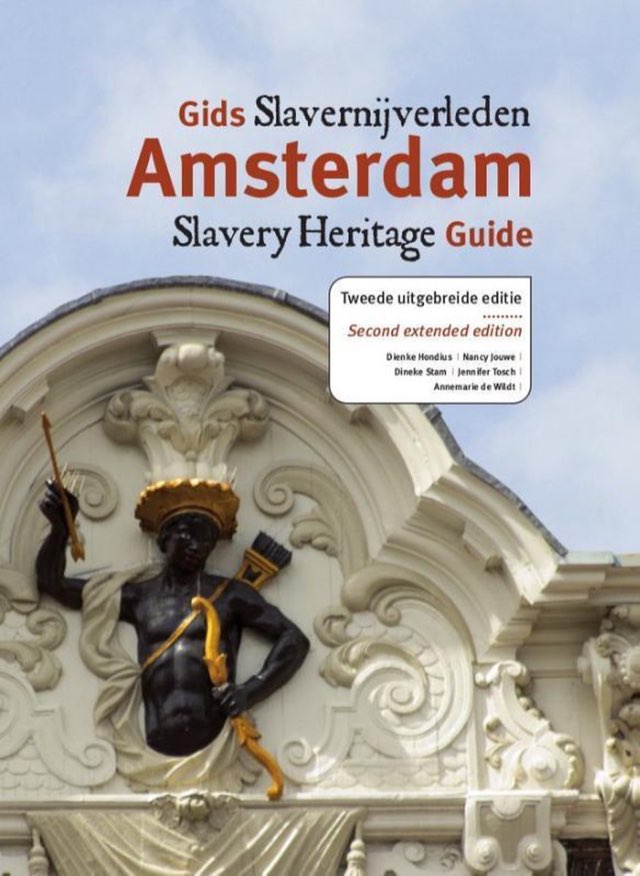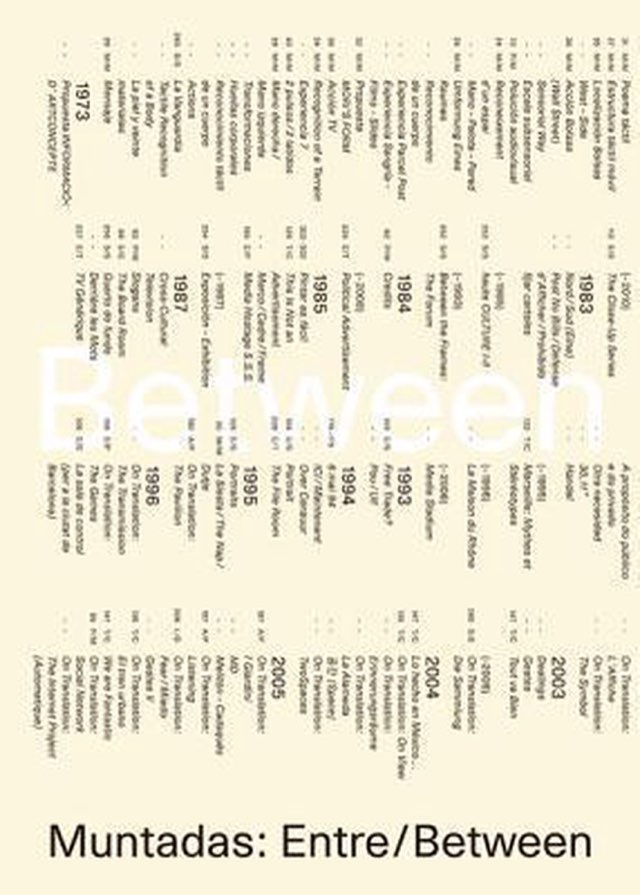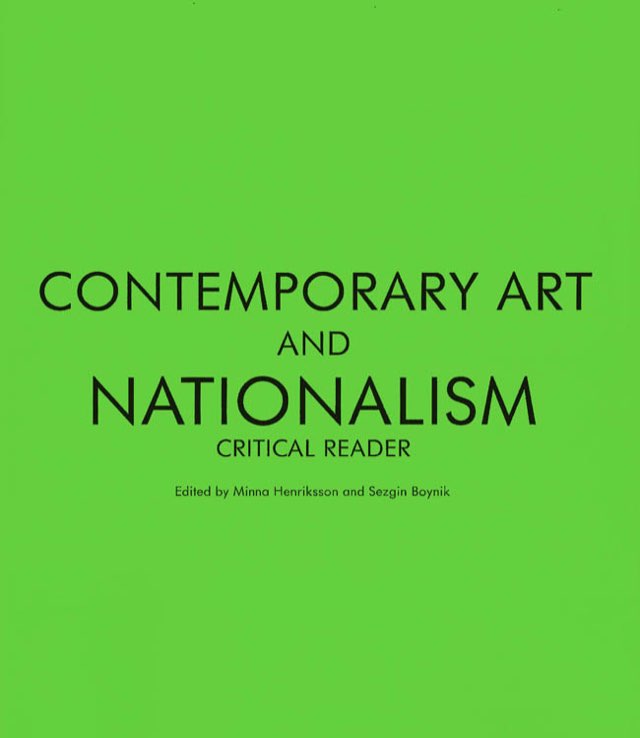The Master’s Tools Will Never Dismantle the Master’s House
de Appel, Schipluidenlaan 12, Amsterdam
“The master’s tools will
never dismantle the master’s house.”
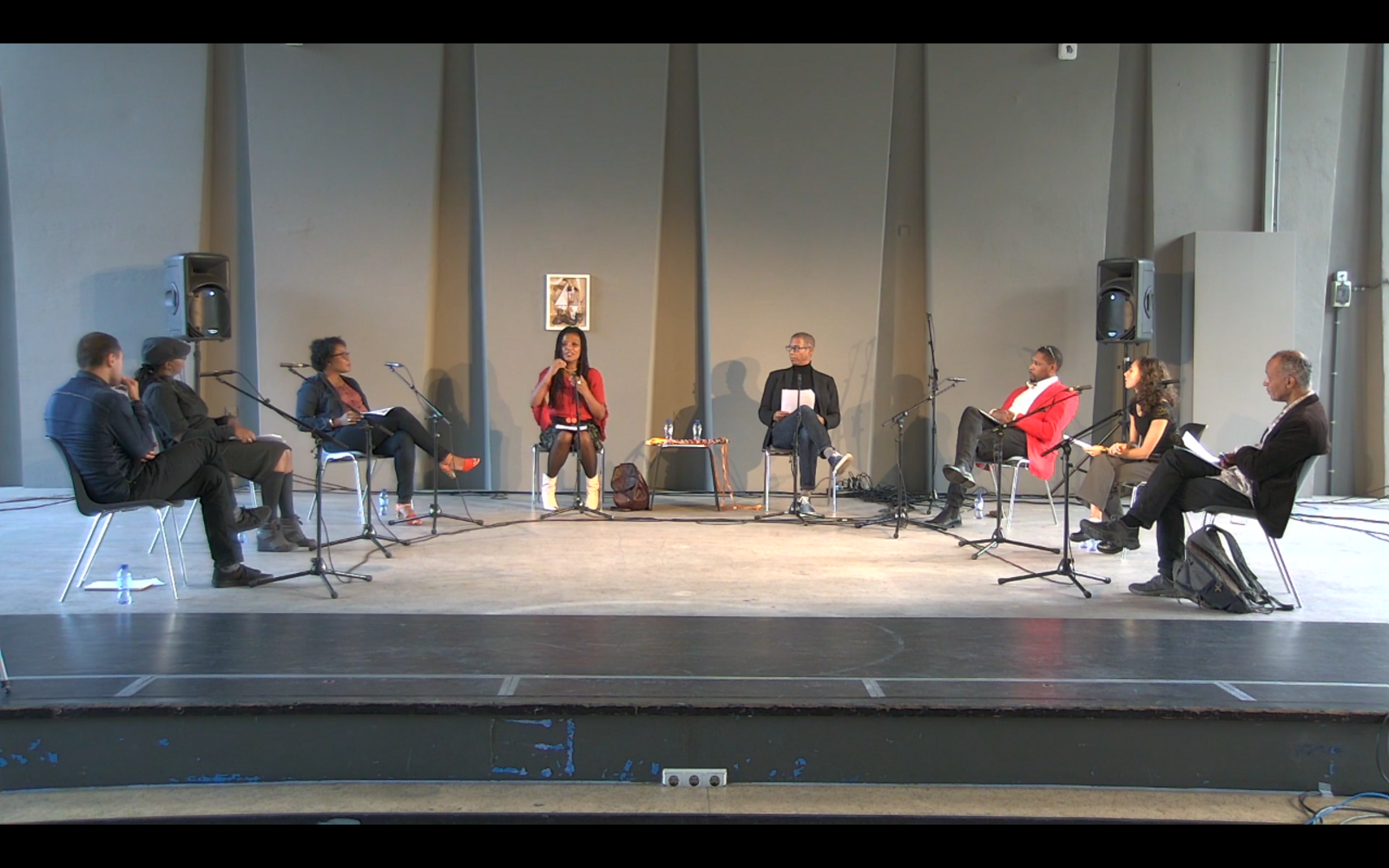
Black Renaissance, September 9 2020
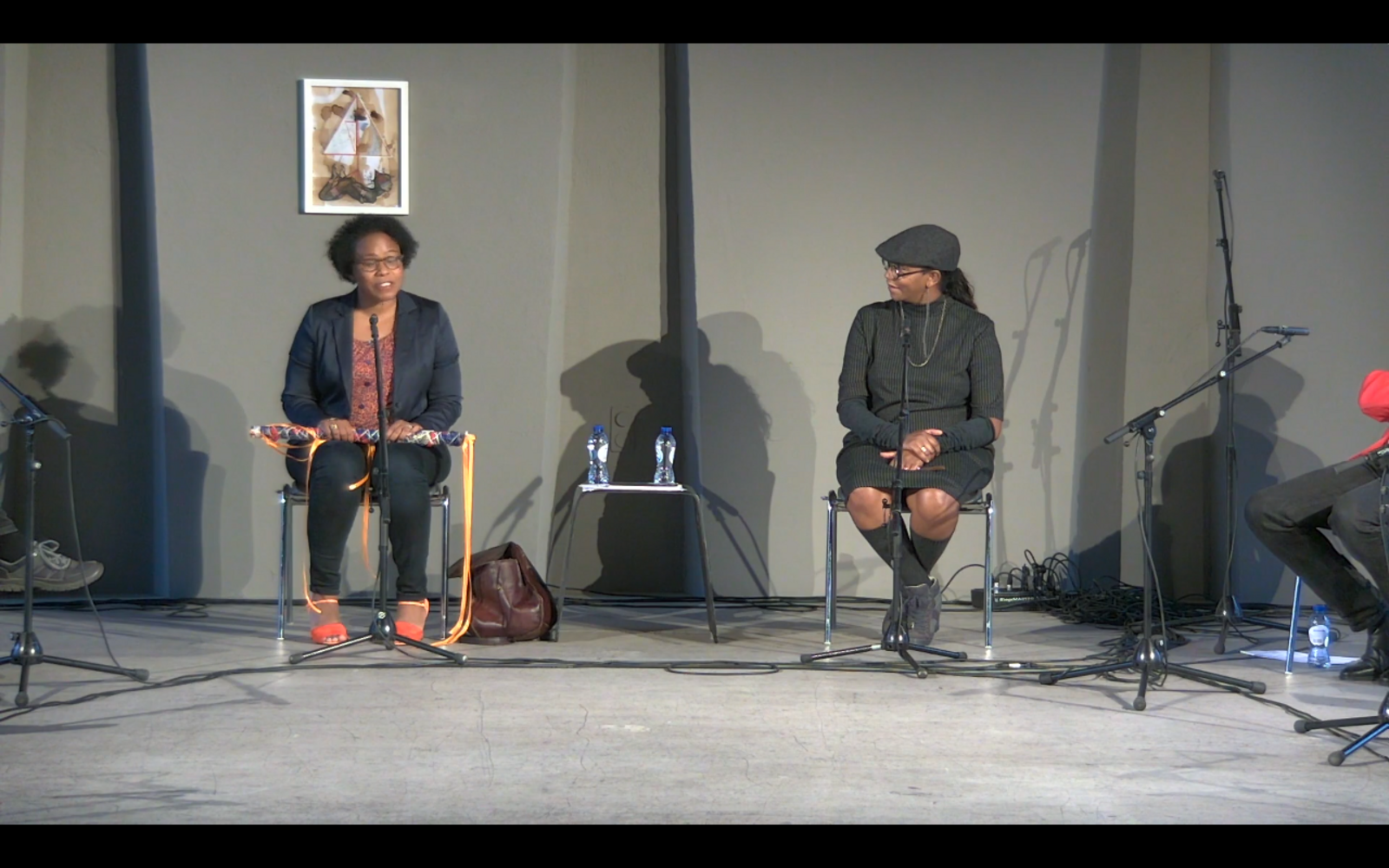
Black Renaissance, September 9 2020
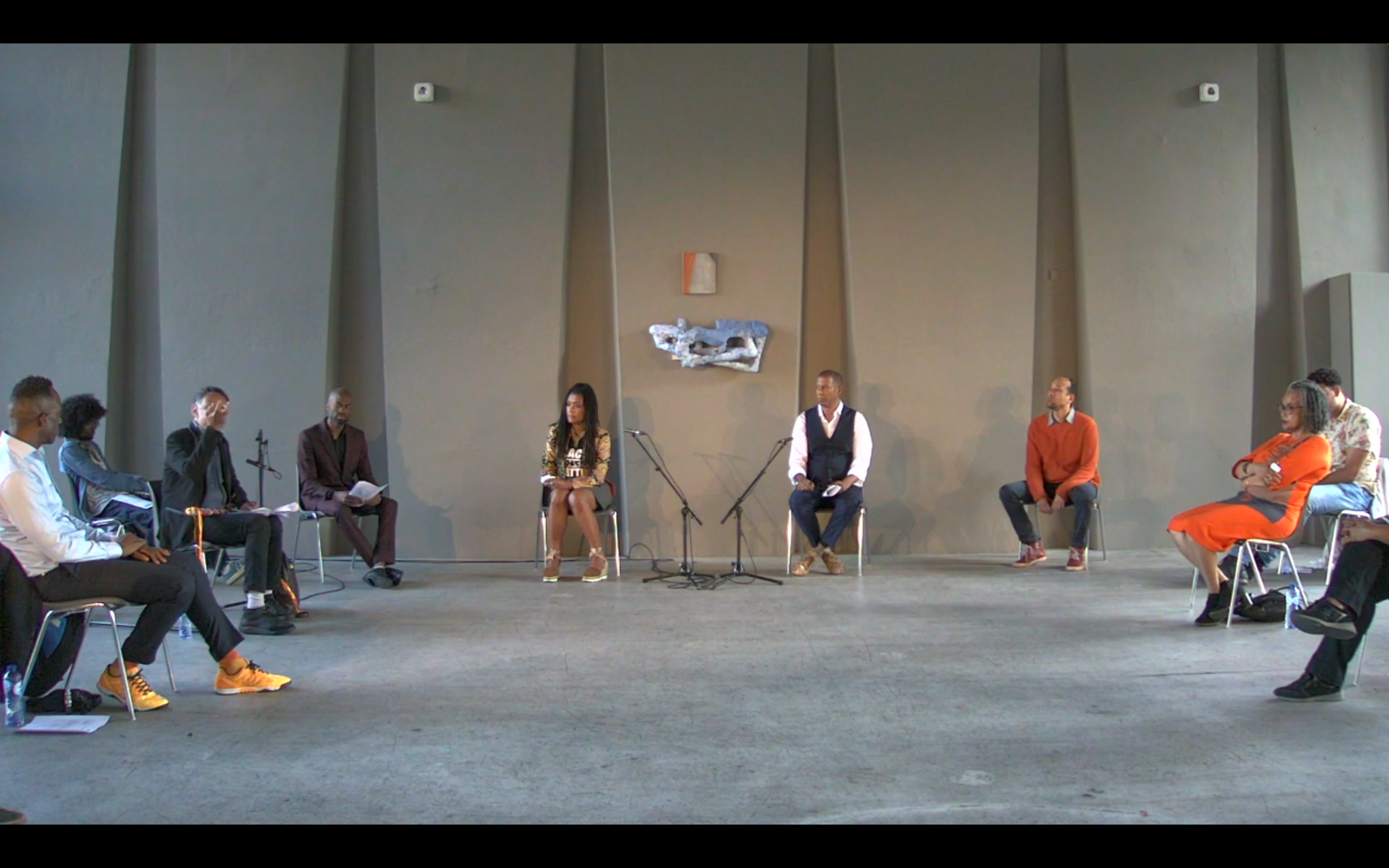
Black Renaissance, July 12 2020
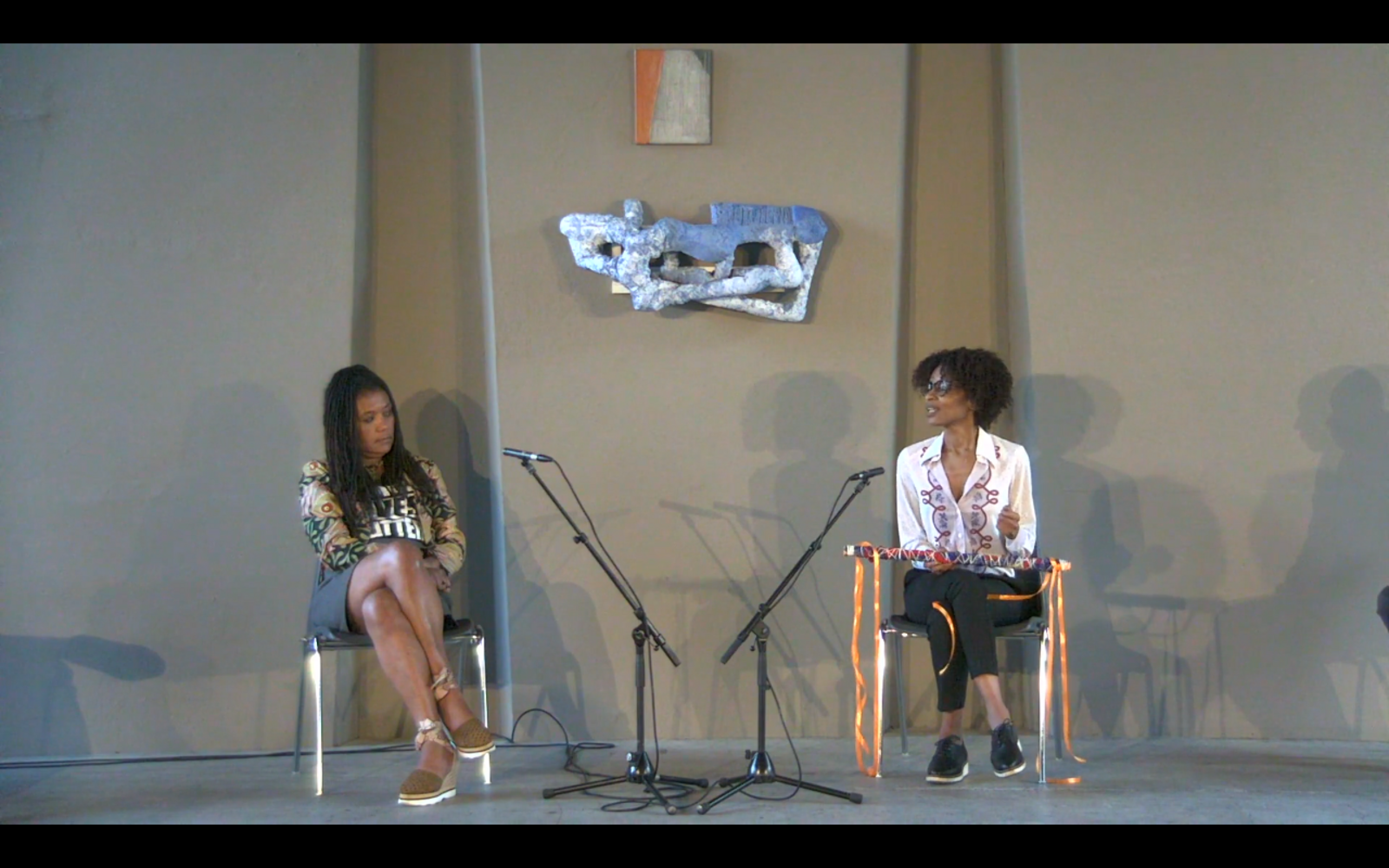
Black Renaissance
On 12 July 2020 Black Renaissance organized an alternative discussion in response to the so-called NPO "Racism debate”. This was so successful and responses from many indicated that there was a need for more conversations. We have decided to organise three pilot talks in collaboration with de Appel.
During the conversations we will remove as much noise as possible about what racism actually is and how the system came into the world and embedded itself in our consciousness and institutions. Only when we have that clear can we start to dismantle the system. For this it is important to listen carefully to each other and learn from each other.
The conversations are streamed live via the website of de Appel. Keep an eye on the Facebook page of Black Renaissance for more info.
Introduction
Going back 25 years to this first statement by Audre Lorde, we can say it was not her intention to develop a reactionary weapon against revolutionary experimentation. It was actually quite the opposite. As a black lesbian feminist, she mocked the then emerging feminist academia for its heterosexual white bias. She wrote about the need to embrace differences, not just 'tolerate' people who are different, because polarities are necessary to fuel our creativity in order to arrive at a different discourse. She sought to establish an ethical principle that would overthrow the status quo: we cannot stop our oppression with the same logic that justifies our oppression. Lorde asked, “What does it mean when the tools of a racist patriarchy are used to investigate the fruits of that same patriarchy?” And she replied, “It means that only the narrowest limits of change are possible and allowed.” Black Renaissance wants to investigate how we can reclaim our stolen tools in order to dismantle the master's house.
Live Transmissions
“The master's tools will never dismantle the master's house.”*
On Sunday evening, July 12 2020 at 8:25 pm in de Appel in Amsterdam, the Black Renaissance Collective organised a discussion about the obstacles to abolishing racism in all its facets in the Netherlands. Further meetings will follow this Autumn, on which more information will be available as soon as possible.
We will not talk about whether “the current racism debate is driving the Netherlands apart”. That is a statement that diverts attention from what it really should be about; about racism itself.
The debate about racism does not cause polarization, it only makes existing racism visible. “As a black light shows how filthy an apparently clean hotel room really is. You can get angry at the black light, but you can also clean that room. ”*
Racism is prohibited under Article 1 of the Constitution. And yet it is there. Why? And how can we talk about that? Our goal is not to come to a solution because we believe that a system that has been embedded in our consciousness for over 500 years cannot be changed overnight.
During this evening we will try to remove the noise around the term racism and look at the structures and attitudes that make it more difficult to abolish it on an institutional, systemic and (inter)personal level. For this we invite a number of guests to talk to and with the invited audience.
* Audre Lorde
* Floor Bakhuis
Wednesday September 9, 7pm–9pm
Systems of oppression and how they are maintained with Dwight Fransman, Antoin Deul, Patricia Kaersenhout, Robin Bookwood, Elias Simonse en Karin Lachmising.
Talking Stick
We find the form in which the conversation will be conducted at least as important as the content. Black Renaissance wants to move away from the Dutch debate culture where winning, scoring, sensation are paramount and where there is little room to pay attention, listen to the other and really see the other. In addition, Racism can and should never be a debate. That is why we have chosen to conduct the conversation using a "talking stick”.
The Talking Stick is a democratic tool of the original inhabitants (Mohawk, Seneca, Cayuga, Oneida, etc.) of the northwest coast of North America and the Masai in East Africa. The Talking Stick is an age-old “communication tool” that ensures that a code of conduct is followed during meetings. The person holding the Talking Stick has the right to speak and everyone else should listen calmly, attentively and respectfully. The stick is passed within the group so that several people take turns to have the opportunity to speak. It is not compulsory to speak.
This age-old instrument of democracy and mutual respect offers the opportunity to both listen and be heard. During the conversations that Black Renaissance organizes, speakers also switch places when handing over the Talking Stick from one person to another in order to literally position oneself in the perspective of the previous speaker.
The Black Renaissance Talking Stick is made from white pine wood. White pine symbolizes peace. The colors red, blue and orange symbolise life, wisdom, kinship and respect for all cultures and forms of life.
